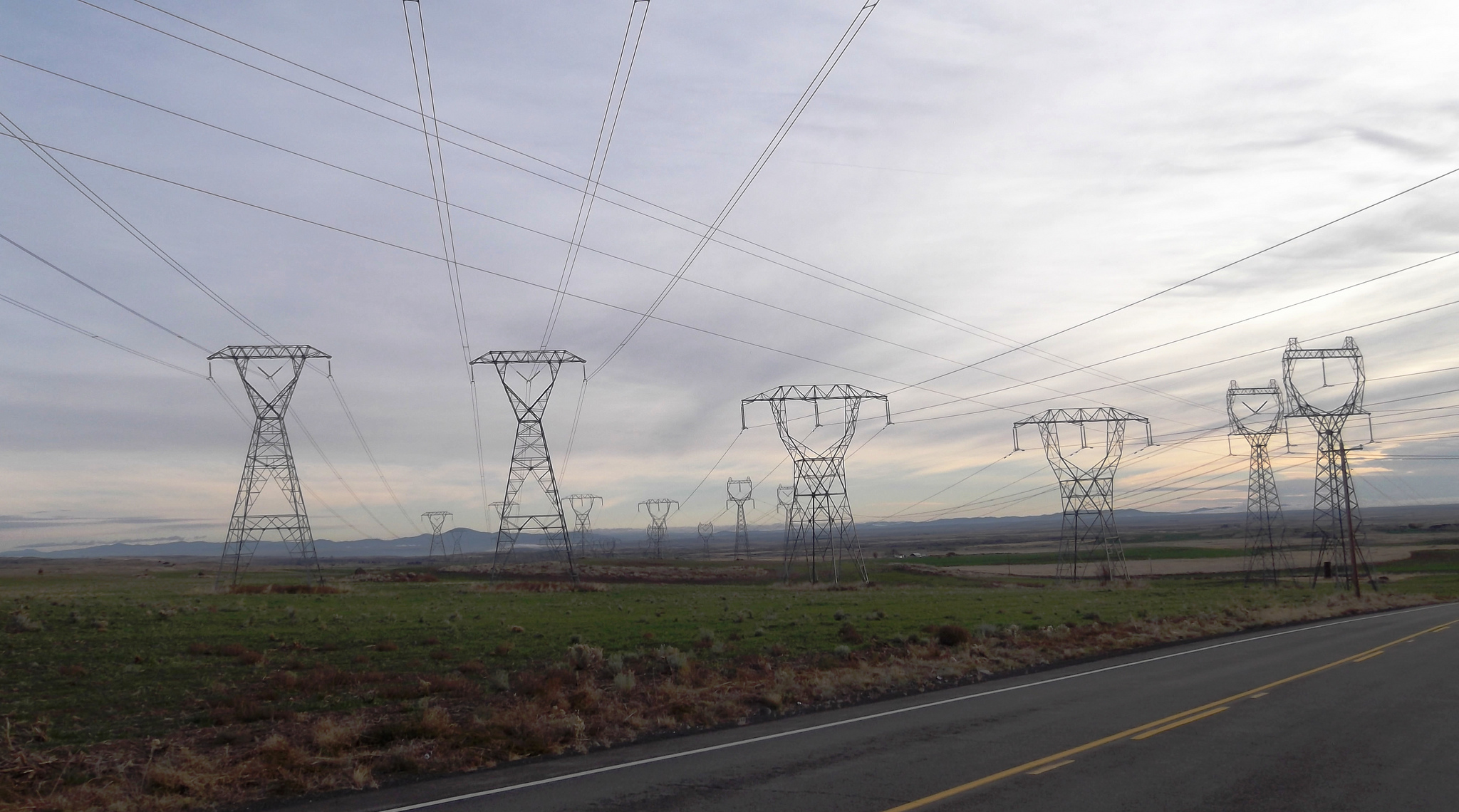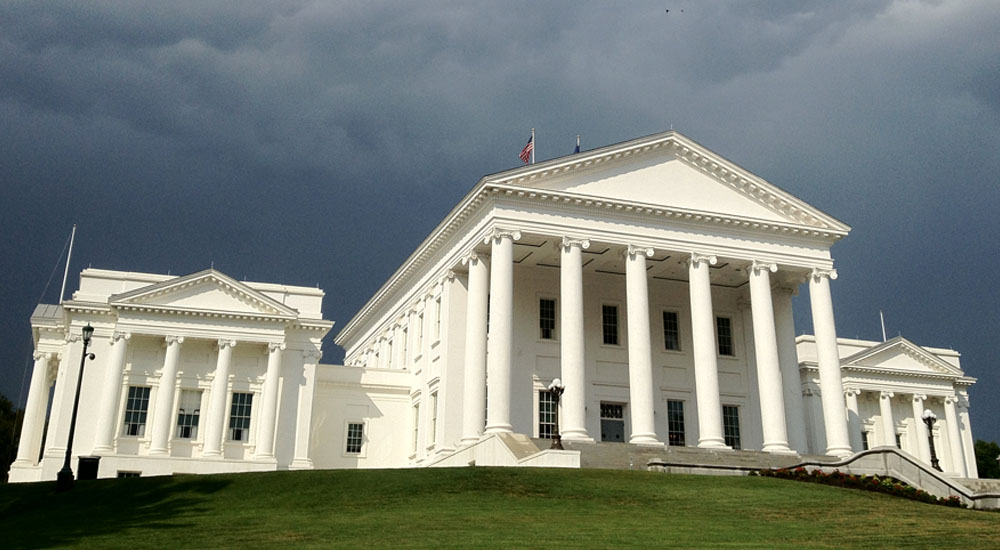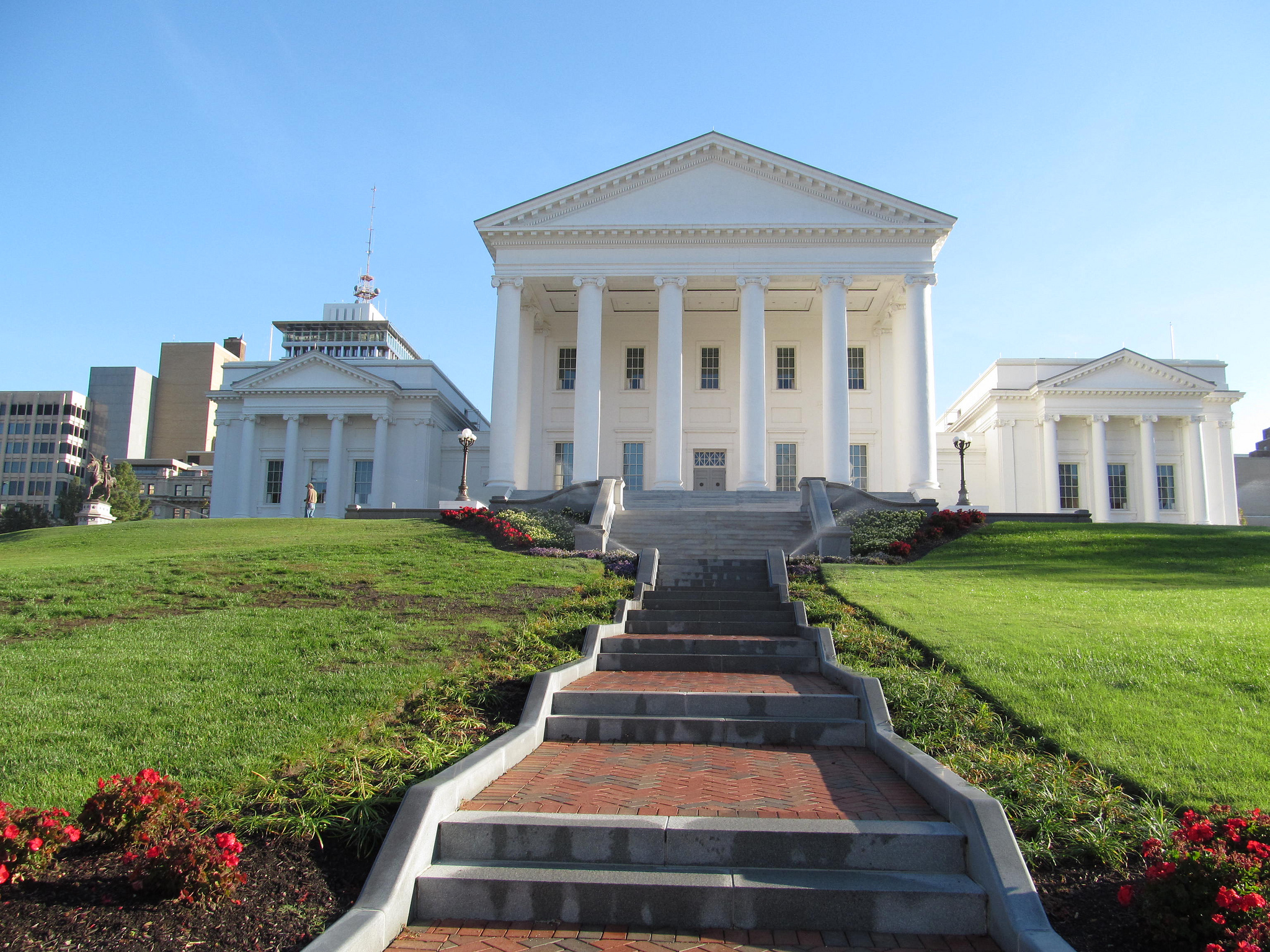On Monday, the Virginia House of Delegates passed the Grid Transformation and Security Act of 2018 set to strengthen the state’s electrical infrastructure and lower consumer costs through grid modernization. The legislation will remove the Obama-era rate freeze for Virginia utilities, allowing money to be returned to utility customers, some of which in the form of direct refunds.
Subsequent reforms to Virginia’s utility industry will provide an oversight process for electricity providers and establish a path for investing in sustainable energy applications and grid modernization. The Act was also amended to include safeguards for customers who would have potentially been charged twice by companies for investments made to improve the electrical grid.
Speaker of the House Kirk Cox (R-Colonial Heights) announced the new provisions with a press release, saying, “With the rollback of the Obama administration’s overreaching carbon regulations, Virginia is now in position to reconsider the 2015 legislation that established a rate freeze to provide stability in the uncertainty regulatory environment.” The speaker added, “This legislation will lower electric bills, put money back in people’s pockets, unwind the rate freeze, and set up a viable long-term model for securing our electric grid and investing in sustainable energy.”
Earlier this month, House Bill 1558, introduced by Commerce and Labor Committee Chairman Terry Kilgore (R-Scott), passed the House as a companion to an upper chamber bill. Introduced by former gubernatorial candidate Frank Wagner (R-Virginia Beach), Senate Bill 966 passed by a 65-30 House vote on Monday morning. The legislation would return over $1 billion in payments to ratepayers in Virginia over the next eight years and includes $200 million in direct refunds over the next two years.
Moreover, the Republican-led legislative measure will allow over $100 million in federal tax savings to be passed onto utility customers in a quicker manner than is current under law. The rate freeze will also be removed four years ahead of schedule.
The legislative measures reforming the oversight process will institute triennial reviews of, “rates, terms, and conditions for generation, distribution, and transmission services,” for Dominion Energy Virginia (DEV) and Appalcahian Power (APCo), as stated in the bill. Previously, the utility providers were subject to reviews every two years.
The first review will now be in 2021 and would consider earnings for 2017 through 2020. The bill removes the requirement that utility companies “overearn” for two consecutive rate periods before issuing refunds, a provision included in previous versions in the General Assembly.
In commending both sides of the political aisle to repeal the rate freeze and increase consumer confidence with stable monthly electric bills, Delegate Kilgore stated, “I am proud this piece of legislation includes strong oversight measures to ensure if utility companies overearn in the future, ratepayers will see refunds sooner.”
For grid modernization, the legislation also allows for investment in sustainable, renewable energy sources. According to the bill, “policy goals of reduction in customer bills, reduction in emissions, and reduction in the utility’s carbon intensity,” will be prioritized. New solar-powered and wind generation facilities will complement coal, gas, and nuclear electrical generation as an additional wave of grid modernization and transformation projects for the future.
To improve electricity transmission and ensure the security of infrastructure, the measure provides that the proposed Haymarket power lines will be put underground. Delegate Tim Hugo (R-Fairfax) stated, “Additionally, I’m happy that this legislation incorporates my three standalone bills that focused on encouraging renewable energy development. This bipartisan legislation will not only provide insight into how we can harden our grid for security and reliability, but will significantly expand our use of renewables here in Virginia.”
The grid modernization investments, however, will not be grounds for the justification for future rate increases on customers. Nonetheless, the legislation will help lower consumer costs over the long run and help Virginia empower its electrical infrastructure.






